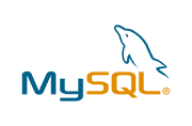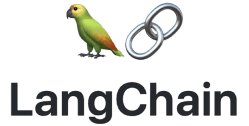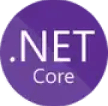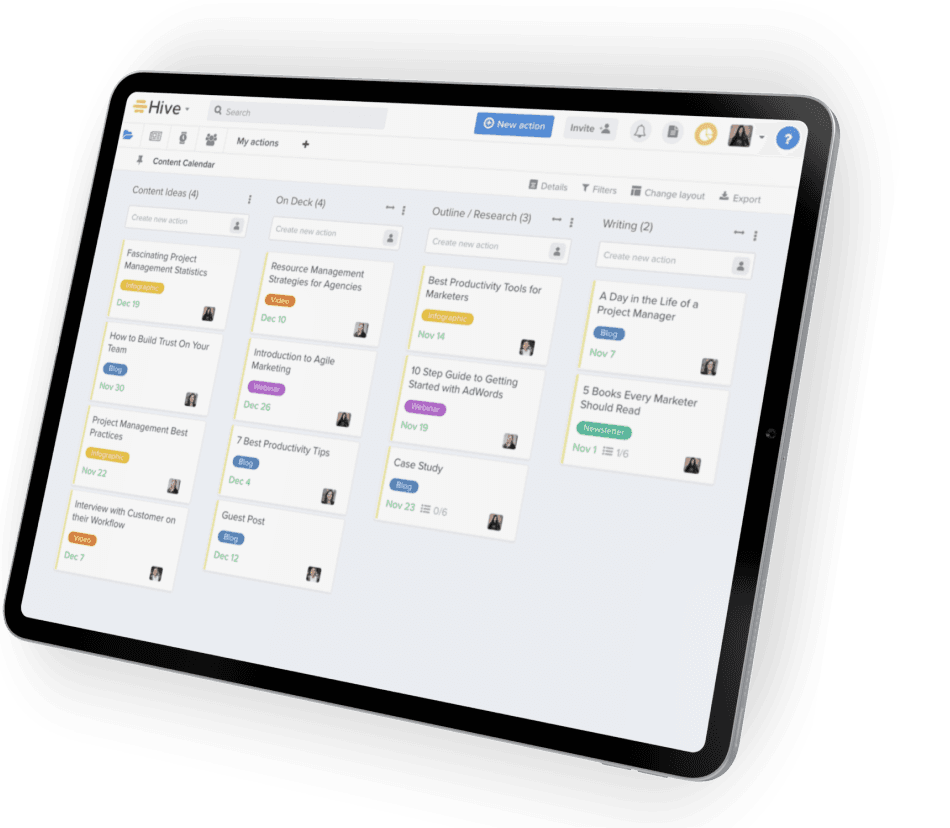End-to-end visibility of your logistics
By adopting logistics software, gain a unified view across your operations and use this real-time data to optimize supply chain efficiency. Keep track of the movement of your merchandise to identify roadblocks, prevent further disruptions, and make improvements to overall performance.Why choose custom logistics and transportation software development for your business
Increased speed to market
Optimize your logistics to better meet customer demands and set reliable strategies that improve customer service. Increase customer satisfaction by shortening product life cycles, accelerating turnaround times, and speeding up delivery. Achieve higher productivity with logistics software tailored for your specific needs that will minimize human errors, centralize procurement operations, track deliveries in real-time, and automate warehouse and inventory management.Mitigate risks in supply chain management
Logistics plays an essential role in supply chain management and stops it from descending into chaos. Detect issues or inefficiencies early in the supply chain to streamline every step along the way. Reduce costs by automating business processes, minimizing manual work, and performing faster inventory management and deliveries.Maximize utilization of fleet and driver capacity
With logistics software, companies can track their vehicles in real time, calculate estimated arrival times, and share this information across the transportation chain. Routing and scheduling solutions also help companies to distribute orders to available means of transportation and create efficient schedules as well routes for drivers.Reduce emissions
Implementing reporting programs to regularly measure emissions is becoming mandatory worldwide. With the right tools and by integrating emission calculation capabilities, logistics companies can accurately monitor and report all emissions thus reducing the environmental impact of their transportation processes.Key transportation & logistics software features
Leverage our extensive custom software development expertise to optimize your logistics and transportation workflow. Manage transport scheduling, dispatching and monitoring, supply chain, invoicing, and more with a heavily tailored system that provides solutions like:
Multi-user architecture
Order processing
Shipment rate management
Load planning
Invoicing
Real-time inventory control and visibility
Warehouse management
Dock scheduling
Fleet management
Managing third-party logistics service providers
End-to-end real-time shipment tracking
Comprehensive reporting
Transportation and logistics solutions
Ensure the integration and efficient management of different elements of your supply chain or distribution process. Develop a custom solution tailored to your unique workflow and niche with comprehensive functionality such as:
Freight tracking
Be able to track the location of your shipments in real time with freight tracking. Such platforms allow you to monitor freight along the supply chain relying on technology that enables end-to-end visibility, goods movement optimization, and shipments’ compliance with regulations.Fleet management
Fleet management technology allows companies to organize and coordinate their vehicles to increase efficiency while minimizing costs and risk. It can be also used to control finances, productivity, fuel management, and compliance.Warehouse management
With a warehouse management solution, you can optimize and complete essential operational tasks within a warehouse, such as tracking inventory levels, locating goods, managing staff schedules, fulfilling orders, and refining how warehouse space is organized.Asset management and tracking
Asset management tool makes it easy to digitally track the location of physical assets, either by scanning barcode labels attached to the assets or by utilizing tags. It also stores inventory data, which allows managers to track the lifecycle of assets and ensure scheduled maintenance is completed on time.Route planning and scheduling
A route planning component uses real-time data such as traffic updates or driver schedules to optimize the transportation process. It also keeps track of performance at all times reporting driver information, carbon emissions, and different other business KPIs.Transportation and logistics software development services
Apiko builds custom transportation and logistics solutions from scratch. We cover every stage of the software development process, from the discovery phase, end-to-end development, and testing to product launch and further support. Create a digital solution for your supply chain optimization, inventory and transportation management that meets your exact business needs.

Business requirements analysis
Develop logistics software with business value in focus through a thorough approach to business analysis and planning. We start cooperation with in-depth business requirements analysis and create a work breakdown structure to create the solution that best satisfies your business needs.

End-to-end software development
We handle all stages of the software development lifecycle from gathering requirements and creating a product roadmap to UI/UX design, engineering, product release, and post-production maintenance. Our engineers work on your custom logistics software, mobile or web app development using suitable and reliable tech stack and agile best practices.

Ensuring logistics solutions’ high quality
Each stage of development is supported by an effective quality control conducted by the Apiko QA team. To ensure the highest quality of your logistics software and guarantee your system's smooth functioning, we start the testing phase as early as possible and perform automated and manual testing continuously throughout the whole development process.

System modernization
Upgrade your logistics software with new features or technologies to boost the performance of your system or its subparts and optimize existing processes. Bring your current solution to the latest industry standards to go hand in hand with your business as it continues to grow.

Third-party system integration
Extend the core functionality of your transportation and logistics system by integrating software components from third-party providers. In this way, you can gain the maximum value for your business and respond to market demands much quicker with additional features and tools.

Enabling cloud solutions
Build secure and scalable cloud-based solutions with best DevOps practices. Our engineers deliver high-standard cloud applications for logistics that allows companies to access solutions from any device and location as well as safely store their corporate data. We can also help you transition seamlessly to the cloud enabling your team to become more flexible and agile.
Success cases
Stack of technologies we use for software development and modernization
By utilizing a number of frontend, backend, DevOps, infrastructure and database technologies, Apiko delivers comprehensive and competitive SaaS solutions customized precisely to meet our clients’ exact requirements.
Infrastructure | Frontend | Backend | Databases | Testing | Mobile | Programming languages | AI |
|---|---|---|---|---|---|---|---|
 |  |  |  |  |  |  | |
 |  |  |  |  | |||
 |  |  |  |  |  | ||
 |  |  |  | ||||
 |  |  |  | ||||
 |  |  | |||||
 |  |  | |||||
 |  |  | |||||
 |  |
Questions you may have
Learn more about our flow
With our custom software development services and extensive expertise in building solutions that solve different business challenges (see our portfolio), Apiko can digitize your operations according to your exact requirements to optimize your existing workflow and boost its efficiency. Develop transportation, fleet, order processing, warehouse management systems that will streamline a range of routine processes your company does, track goods and vehicles, and speed up time to market.
Custom transportation software development will enable you to integrate different disconnected supply chain processes into one and improve operational efficiency with a unique set of features and APIs. Not only can you build a transportation management solution from scratch, but also we can help you update your existing systems with required functionality and tools to grow alongside your business.
While every engagement is unique, estimates for the logistics software development services will vary depending on the project, its complexity, set of features, and the size of a team.



